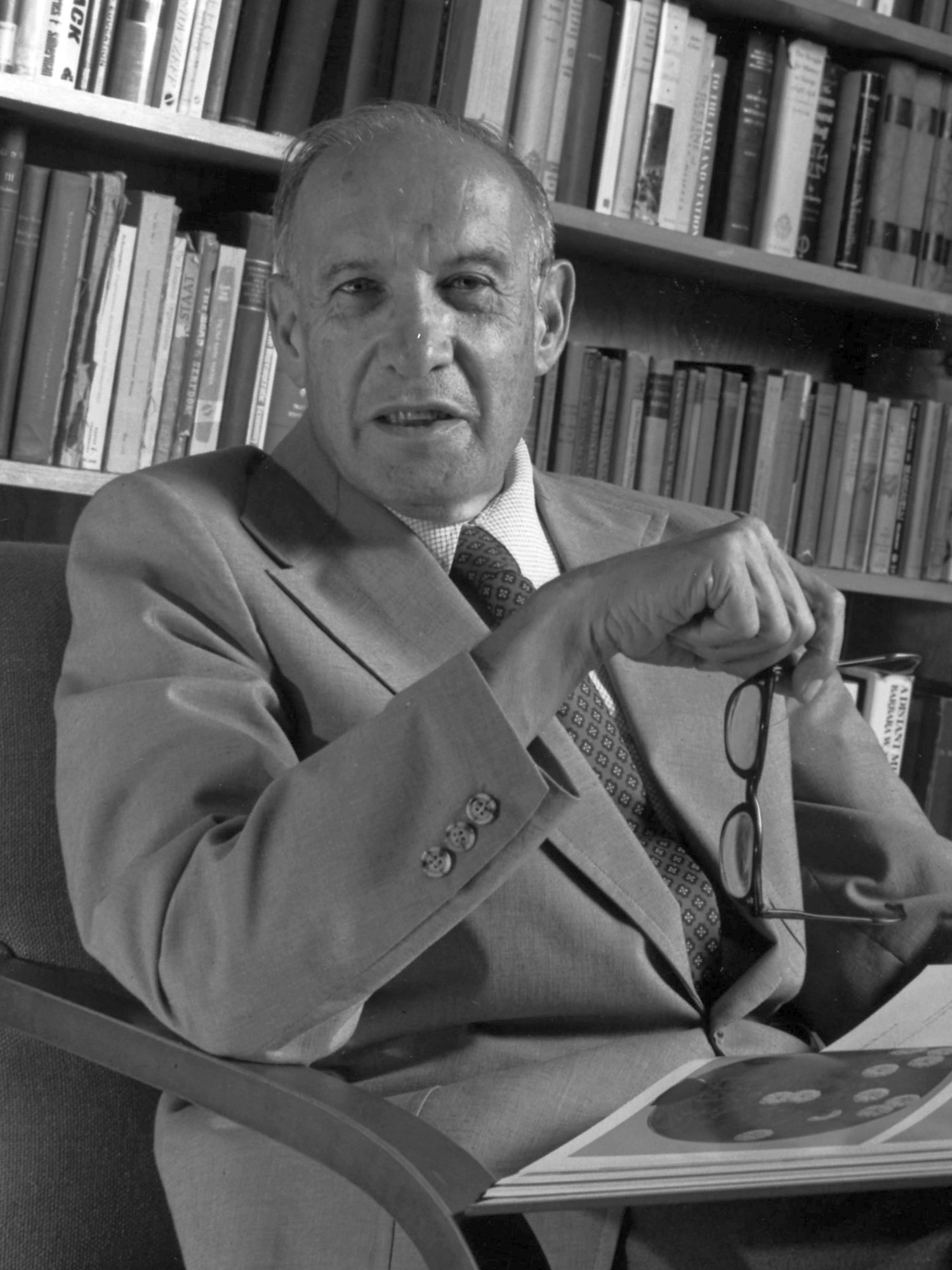Peter Drucker nejznámější citáty
Peter Drucker: Citáty o podnikání
„Podnikání není ani věda, ani umění. Je to praxe.“
Varianta: Podnikání není ani věda, ani umění. Je to praktická zkušenost.
„Základem podnikání je zákazník, díky kterému současně existuje. On sám dává zaměstnání.“
Originál: (en) The customer is the foundation of a business and keeps it in existence. He alone gives employment.
Peter Drucker citáty a výroky
„Nejdůležitější věci v komunikaci je slyšet, co nebylo řečeno nahlas.“
Varianta: To nejdůležitější v komunikaci je slyšet to, co nebylo řečeno.
Originál: (en) …, a company's CEO should make no more than 20 times the salary of its lowest-paid worker.
„Když něco nemůžete změřit, nemůžete to ani řídit.“
Tento citát slyšel zajisté téměř každý, kdo za sebou má studium ekonomie. V rámci podnikového vedení manifestoval tento výrok úspěšný postup hospodářských jednotek, které musí býti založeny na měřitelných faktech.
Originál: (en) If you can´t measure it, you can´t manage it.
Peter Drucker: Citáty anglicky
Zdroj: 1930s- 1950s, The End of Economic Man (1939), p. 150
Zdroj: 1930s- 1950s, Landmarks of Tomorrow: A Report on the New 'Post-Modern' World (1959), p. 22
Zdroj: 1960s - 1980s, MANAGEMENT: Tasks, Responsibilities, Practices (1973), Part 1, p. 224
Zdroj: 1960s - 1980s, MANAGEMENT: Tasks, Responsibilities, Practices (1973), Part 1, p. 59 (1986 ; 45)
Zdroj: 1930s- 1950s, The Practice of Management (1954), p. 304
Zdroj: 1990s and later, Managing for the Future: The 1990's and Beyond (1992), p. 138
Zdroj: 1930s- 1950s, Landmarks of Tomorrow: A Report on the New 'Post-Modern' World (1959), p. 121
“A superior who works on his own development sets an almost irresistible example.”
Zdroj: 1960s - 1980s, MANAGEMENT: Tasks, Responsibilities, Practices (1973), Part 2, p. 427
Zdroj: 1960s - 1980s, MANAGEMENT: Tasks, Responsibilities, Practices (1973), Part 2, p. 398
“Profit is not a cause but a result”
Zdroj: 1960s - 1980s, MANAGEMENT: Tasks, Responsibilities, Practices (1973), Part 1, p. 71
Zdroj: 1960s - 1980s, MANAGEMENT: Tasks, Responsibilities, Practices (1973), Part 1, p. 43
1930s- 1950s, The New Society (1950)
Zdroj: 1990s and later, Post-Capitalist Society (1993), p. 3
Zdroj: 1960s - 1980s, MANAGEMENT: Tasks, Responsibilities, Practices (1973), Part 2, p. 513
Zdroj: 1930s- 1950s, The End of Economic Man (1939), p. 13
The Ecological Vision (1993)
1990s and later
Zdroj: 1930s- 1950s, Landmarks of Tomorrow: A Report on the New 'Post-Modern' World (1959), p. 144
Zdroj: 1960s - 1980s, MANAGEMENT: Tasks, Responsibilities, Practices (1973), Part 1, p. 333
Zdroj: 1930s- 1950s, The End of Economic Man (1939), pp. 245-246
Zdroj: 1930s- 1950s, The Future of Industrial Man (1942), p. 96
Zdroj: 1990s and later, Post-Capitalist Society (1993), p. 45
“[[Management] has authority only as long as it performs.”
Zdroj: 1960s - 1980s, MANAGEMENT: Tasks, Responsibilities, Practices (1973), Part 1, p. 301
Zdroj: 1990s and later, Managing for the Future: The 1990's and Beyond (1992), p. 140
Zdroj: 1960s - 1980s, MANAGEMENT: Tasks, Responsibilities, Practices (1973), Part 3, p. 739
Zdroj: 1960s - 1980s, MANAGEMENT: Tasks, Responsibilities, Practices (1973), Part 1, p. 182
Zdroj: 1930s- 1950s, The End of Economic Man (1939), p. 9
Zdroj: 1930s- 1950s, The Practice of Management (1954), p. 327
Zdroj: 1930s- 1950s, The Practice of Management (1954), p. 41
Zdroj: 1960s - 1980s, MANAGEMENT: Tasks, Responsibilities, Practices (1973), Part 1, p. 181
